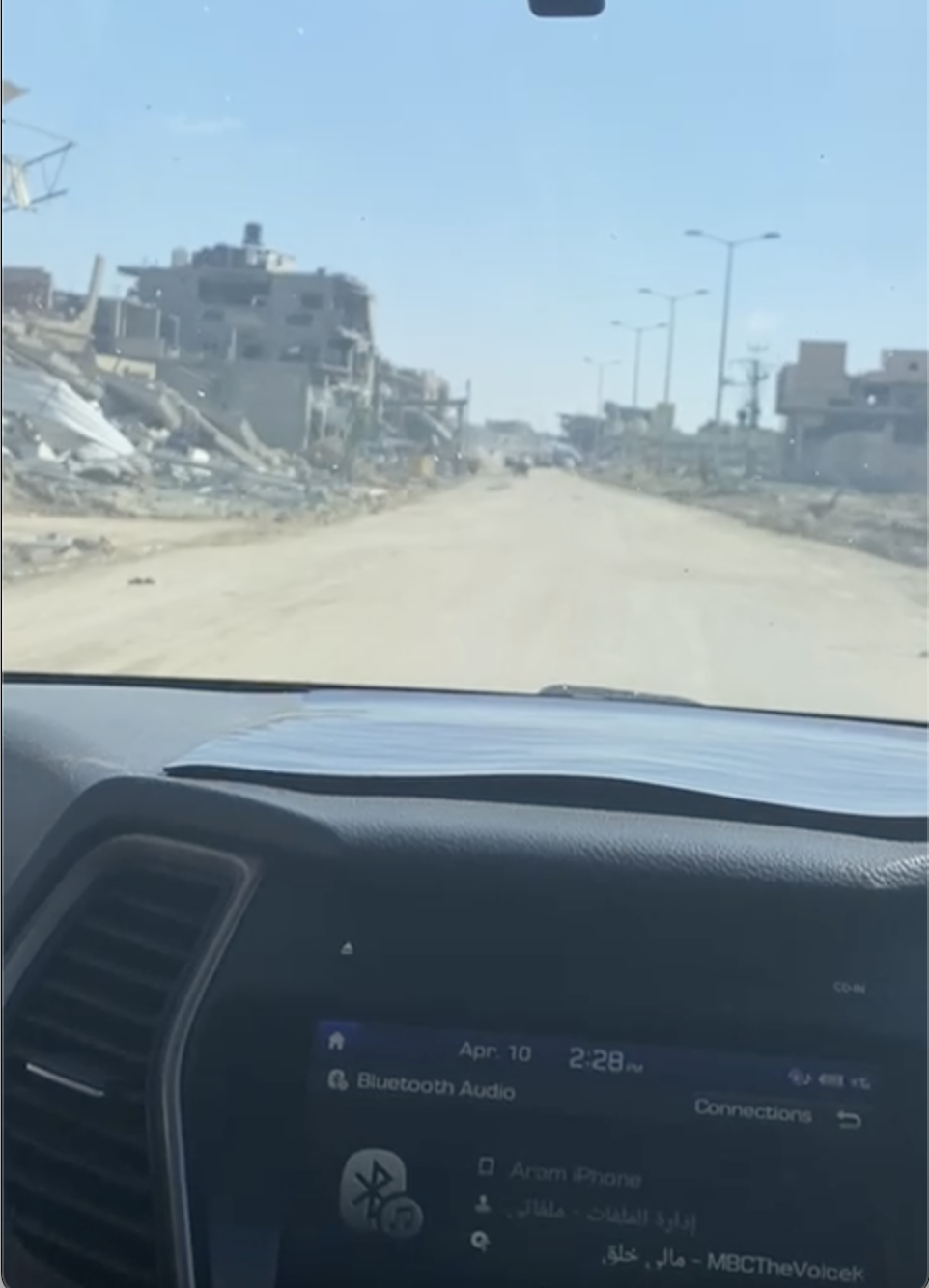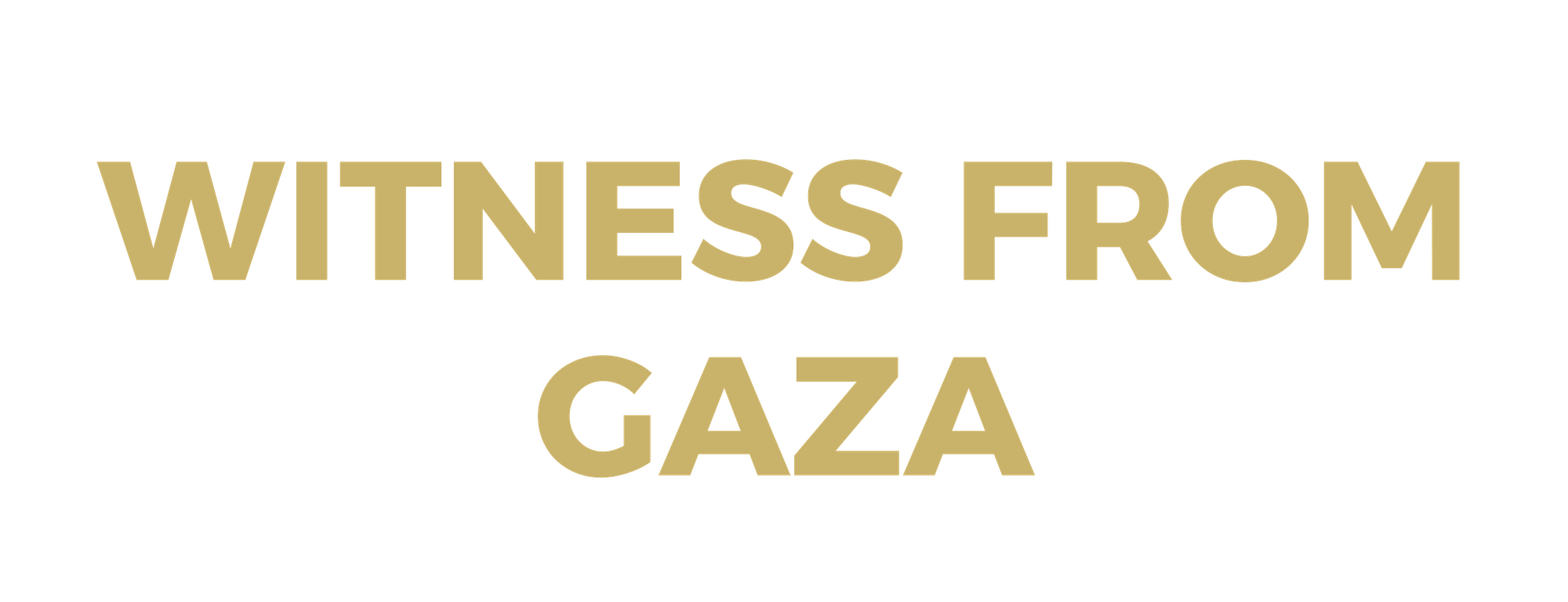Friday 12/4/2024
I would always cry after such a phone call, but her voice today is stronger than before. Perhaps that has to do with her returning to her home in Al Shuja'iyya after months of displacement in multiple locations. Her powerful voice made me feel powerful. Because of her I am writing now.

A phone call that didn’t take more than five minutes, upon receiving a message that the subscriber I’m attempting to contact is currently available.
My aunt Nadia, who continues to be in the north of Gaza Strip, who I have been trying to call for three days unsuccessfully. I received the text and called her immediately.
“Hello? It’s Esam.”
“Why haven’t you come by to visit me, boy?” She said to me in a voice full of joy that filled me with a strange sense of comfort. I laughed and told her, “I’m coming now.” My aunt Nadia is a soft woman, her features resemble butterflies, as beautiful as gardens. Whoever goes near her blossoms. It is usual for me to go visit her every Eid in her house, but this Eid has put distance between us. She is in the north and I am in the south, and the occupation separates us with a barrier in the center, and planes overhead, and hundreds of soldiers around us.
My visits to her were among the dearest to my heart. I would sit before an intellectual mother, raising her children intelligently, beautiful, and so calm. She cared about everything that I was working on and would always ask after my latest writing.
I would always cry after such a phone call, but her voice today is stronger than before. Perhaps that has to do with her returning to her home in Al Shuja'iyya after months of displacement in multiple locations. Her powerful voice made me feel powerful. Because of her I am writing now.
It would burn my heart to see people normalizing to the sight of death here in the south of Gaza and decorating to give a sense of Eid, as if nothing is happening to us. I don’t know how people feel when they put on new clothes, and walk through the streets, while at the same time our blood leaks on the floor and yet nobody moves a muscle.
Eid is swathed in black, and there are those who want to paint it in colors to return to normal, but how do you return with a dagger thrust through your side? How do you go home when there isn’t a trace of home on the first day of Eid.
On the first day of Eid, I went with a friend of mine from Rafah to Khan Younis then to Nuseirat and to Deir Al-Balah. We went from Salah Al Deen street, after occupation forces withdrew from there several days earlier. I sat in the backseat of the car and turned on the phone camera, and began filming from the beginning of Rafah until we reached Nuseirat. Everything along our way was destroyed, and it’s impossible to recognize it unless you stare. The fire is still burning in some homes. The ambulances carry the injured and the martyred, and people are trying to gather what is left of their houses.
Whoever can look beyond all this death and try to enjoy Eid has certainly lost their sense of others. As for the world outside, celebrate to your heart's desire, because I don’t see a better description for it than the words of Tamim al-Barghouti in his poem, In Jerusalem, “Death is among us and fear is in you.”
